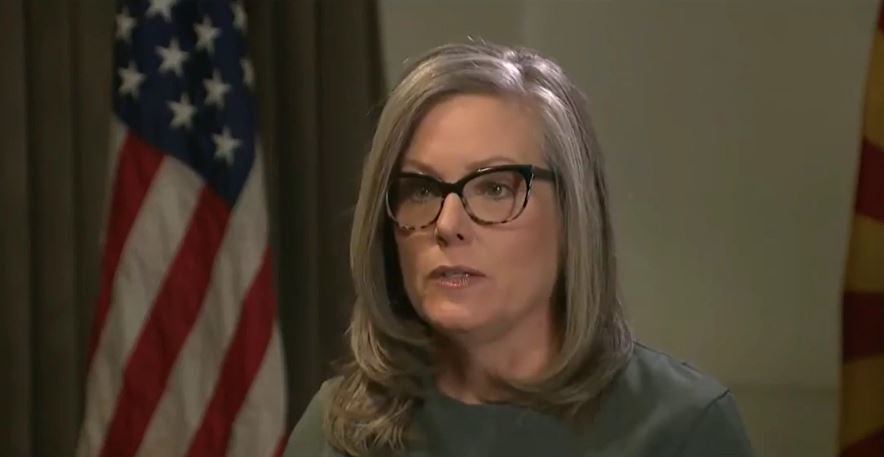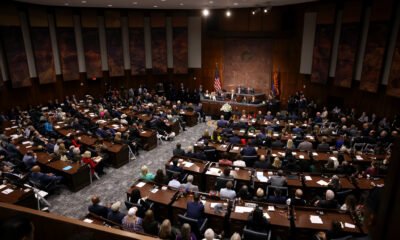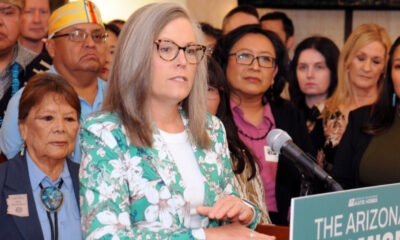emergency powers
Arizona’s Prop 135 Puts Governor’s Emergency Powers on the Ballot: A Test for Voter Influence

By Staff Reporter |
As Arizona approaches the upcoming election in November, voters will face a significant decision regarding gubernatorial powers in emergencies. Proposition 135 seeks to amend the Arizona Constitution, aiming to limit the governor’s emergency authority to a 30-day period, unless extended by the legislature for specific emergency types, such as war, fire, or flood.
Under the proposed measure, once the initial 30 days expire, the legislature must approve any further extensions of emergency powers. This would shift the current framework, which allows for a maximum of 120 days of emergency powers without legislative consent. Additionally, the proposition mandates that if one-third of the House and Senate request it, the governor must call a special session to reconsider emergency powers.
The implications of Prop 135 could fundamentally alter the check-and-balance relationship between the Arizona executive and legislative branches. Supporters argue that it is essential to maintain limited durations for emergency powers, especially in light of extended authorizations seen during the COVID-19 pandemic.
Will Humble, executive director of the Arizona Public Health Association, and Greg Blackie from the Arizona Free Enterprise Club engaged in a recent debate, illuminating differing viewpoints on the proposition’s merits. Blackie advocated for tighter controls, asserting that the temporary nature of emergencies should reflect a corresponding limitation on the governor’s authority. “Emergencies by definition are temporary, and so the response should also be temporary,” he stated, emphasizing the necessity for legislative oversight.
In contrast, Humble defended the existing 120-day period, arguing it offers ample time to manage emergencies effectively. He pointed out that during crises, agencies require the authority to execute established emergency response plans without fear of losing power due to political disagreements. “All of these agencies have these response plans, and they can’t execute those plans if they lose that authority,” he cautioned.
Humble expressed concern that reducing the limit to 30 days could hinder effective responses in critical situations, such as a potential biological threat. He also criticized Prop 135 for proposing a constitutional amendment, noting the complexities involved in altering the state’s foundational legal framework.
As the election date approaches, the debate surrounding Prop 135 highlights the tension between ensuring efficient emergency management and safeguarding constitutional limits on executive power.

















